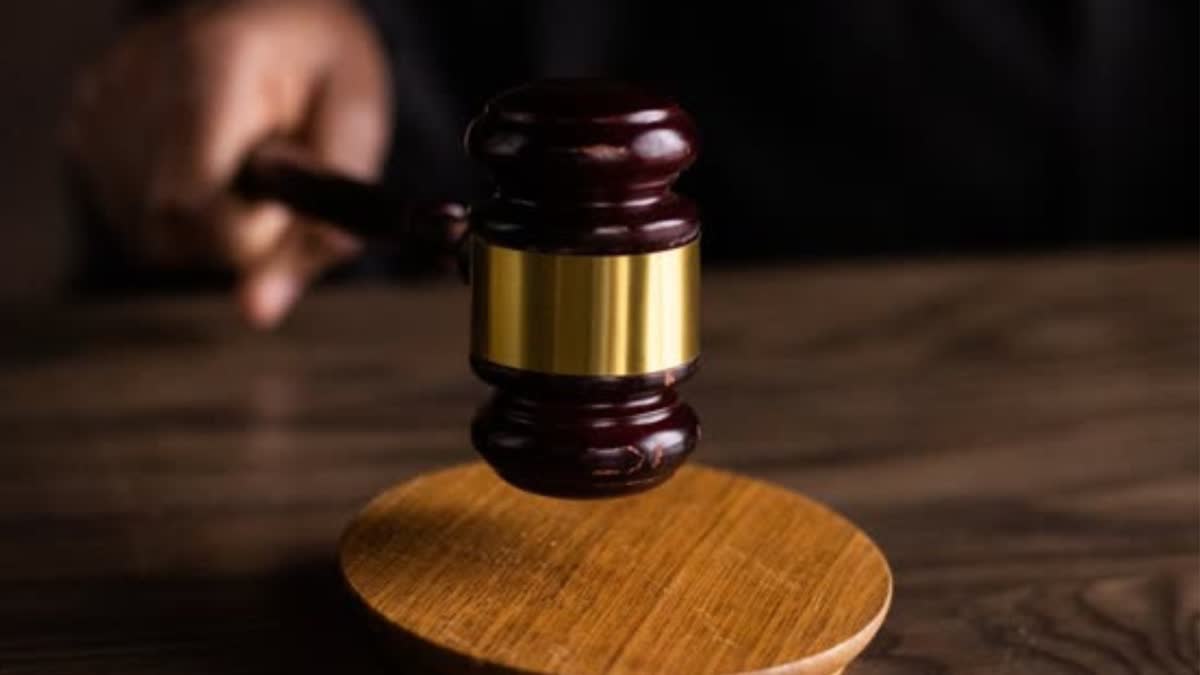New Delhi: The Supreme Court on Friday flagged the creation of an "impasse" if the governor withheld his assent on bills, which were passed by the legislative assembly without any communication to the state government and stressed that “there cannot be an absolute deadlock”. The apex court said the Tamil Nadu governor R N Ravi cannot simply sit over the bills, based on his perception of repugnancy with the central law, without communicating his opinion.
The apex court was hearing the Tamil Nadu government’s plea over the delay in the governor’s assent to bills, including the constitution of search-and-selection committees for the appointment of vice-chancellors (VCs) in universities.
A bench comprising justices J B Pardiwala and R Mahadevan said an "impasse" has been created, as the President, after receiving the bills from the Tamil Nadu governor R N Ravi, has also returned the bills saying that they are repugnant. Attorney General (AG) R Venkataramani represented the governor before the apex court.
The bench questioned the AG whether the governor had referred the re-passed bills for the President's consideration, only to circumvent the procedure under the first proviso Article 200 of the Constitution. “Having taken a conscious decision to withhold assent, can the governor take the third choice and refer the bills to the President?”, asked the bench.
“Having withheld assent, can he try to overcome the first proviso procedure by referring to the President? If he withholds assent, the procedure under the first proviso would have to be followed…” Justice Pardiwala asked the AG.
The governor, under Article 200, has three options when bills are sent to him for assent. The options are: either to give assent, withhold assent or refer the bills to the President for consideration.
Under the first proviso of Article 200, if the governor decides to withhold assent to a Bill, he has to return it to the House with a “message” to reconsider or suggest amendments. However, if the House decides to reiterate the Bill and present it to the governor (with or without the amendment), then the governor shall not withhold assent.
The state government has argued that a governor can refer a Bill to the President only in case of any ‘repugnancy’ under Article 254. The repugnancy occurs when the proposed law, passed by the state legislature, is found to be inconsistent with or encroaches on an existing central law or if the Bill tends to derogate the constitutional powers of the state high court.
During the hearing, Justice Pardiwala told the AG, if the governor is prima facie of the view that the bill suffers from repugnancy, should he not bring it to the notice of the state government. “How is the government expected to know what is in the mind of the governor? If repugnancy is something which troubles the governor, the governor should have immediately brought it to the notice of the government. So that government could have reconsidered the bills”, said Justice Pardiwala.
The bench said repugnancy is one of the relevant considerations for the governor when he decides to withhold the assent. “But the moment the governor finds that it suffers from repugnancy and there is no question of referring it to the state government for reconsideration, then what next?”, asked the bench.
Justice Pardiwala said Article 200 of the Constitution does not say that the governor can straight away say that he declines to grant assent.
In the state government’s case, originally 12 bills, mostly in connection with the appointments of VC in state universities, were sent by the state legislature for consent to the governor between January 2020 and April 2023.
Today, the AG argued that the bills were intended to replace the chancellor with the government and the government was talking about taking away the powers of the chancellor in the process of appointment of VCs, in state universities, which is a field occupied by the UGC regulation. “Letters were exchanged with the governor saying that I am the authority competent to constitute search-cum-selection committee…VCs appointment is strictly as UGC regulation….the repugnancy was already in the air”, said the AG.
The AG said if the state has not kept in mind the UGC regulation then the bill is repugnant, which is the understanding of the governor, and that is the law. “That is the understanding of the governor, if the bill has overlooked the UGC regulation and deprived me of my power? That will be repugnancy”, asked Justice Pardiwala. The AG said it is repugnant to the central law.
Justice Pardiwala asked the AG, if the bill is repugnant to the central law, then what is the next step for the governor? How do you expect the state government to overcome this? The AG said then there is a question of impasse, the state government says the governor has a closed mind. “You will have to clear the impasse. Who will clear the impasse? There cannot be an absolute deadlock”, said Justice Pardiwala.
The AG said the government was asked to constitute a search-cum-selection committee, for the appointment of VCs, but the state government does not listen. “Let us say, the state government is determined that we do not want the chancellor to be part of any university administration in our state….”, argued the AG. He added that the governor sent back the bill to the government and suggestions were given, and there is no question of the governor acting mala fide.
The apex court will continue to hear the matter on February 10.



